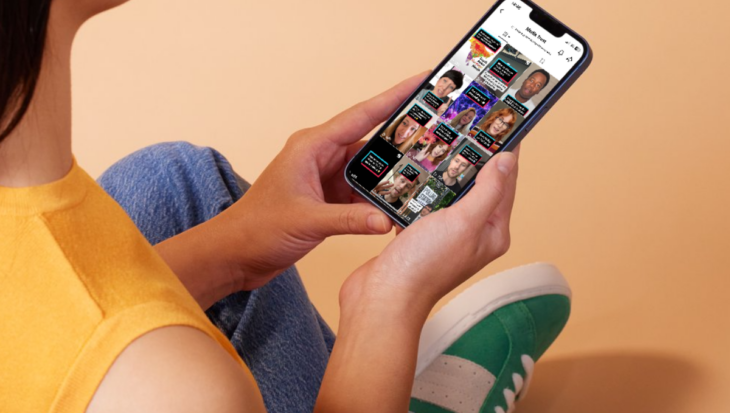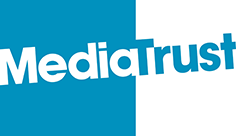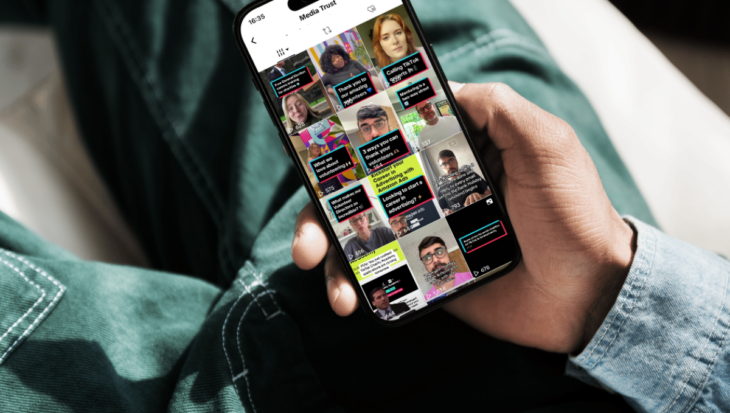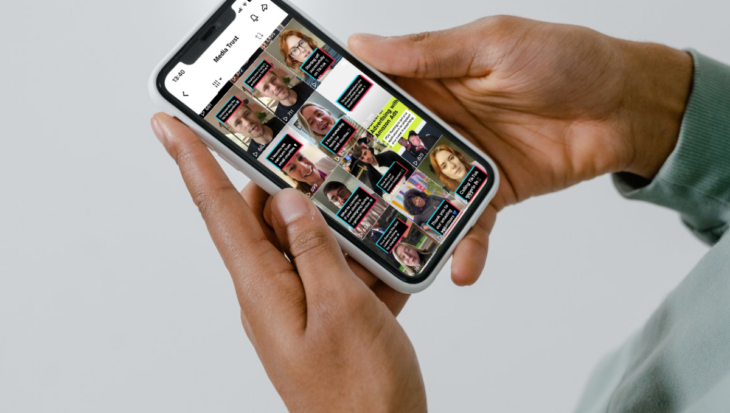When you think of search engines, it’s likely you think of Google, or perhaps YouTube. Quick and easy, you type in your question and get a huge number of results.
In fact, Google has been working hard over the years to expand that offering, personalising its recommendations of local businesses, shops and services, based on your location and data. Could all this work be lost on younger internet users?
40% of 18- to 24-year-olds are now using social media as their primary search engine. That’s according to Google’s internal research.
What does that mean in practice? It means instead of opening Google, they’re going directly to TikTok or Instagram to find the answer to their career questions, the new hot restaurant in their area, or suggestions for what to cook for dinner.
What if they’re also using these platforms to search for local charities, or national causes, that they can be passionate about? What if they’re searching for exactly the kind of educational advice your charity is trying to get out in front of a wider audience?
The New York Times proclaimed that “For Gen Z, TikTok is the New Search Engine.” And it’s not just being used as a way to search for things, it’s also central to Gen Z news consumption.
A Reuters report found that ‘news comes to [Gen Z]…much of the excitement and gravitas for younger people is on the periphery of the news space (infotainment, lifestyle, cultural, grassroots, bloggers and vloggers).’
It’s a good time for charities to carve out their own space within this landscape. Traditional broadcasting-type content is getting less and less engagement. It’s hard to adopt new channels and create new content types, but it’s worth the commitment to reach younger audiences.
So what features can you be taking advantage of to capture this rise in social search?
Think seriously about getting on TikTok
There are very few UK charities sharing content on the platform. And that means for the early adopters among us, there is an opportunity to tap into a less crowded marketplace.
It’s a new and exciting platform where you can experiment with content that’s nothing like the content you put out on other channels.
Here’s some tips from our friends at Charity Digital to help you get started.
Do your keyword research and start using them in your posts
There are lots of ways to find keywords relevant to your content.
Google Trends is particularly useful as you can compare two or more different search terms to what’s more popular. ‘Mental health vs depression’ for example, or ‘volunteer vs mentor’.
Keywords are important, not just for traditional SEO, but Google are working to index Instagram and TikTok videos in Search, alongside webpages, videos and the other option that appear now. This is already happening to some extent. If you search for a keyword followed by the word “TikTok” and Google will return rows of results of TikTok videos before you’ll see any standard web pages.
Charities can capitalise on this by making sure all their social posts include relevant keywords.
Add geo-tags to your content
When we’re rushing to get a post out on social media, geo-tagging might fall pretty far down our list, after checking for typos, tagging people, and adding alt text. But adding a geo-tag will make sure your post is near the top of the results when someone searches for your location.
Geo-tags can be added directly on social platforms, like Instagram. Or they can be included in the form of a hashtag at the end of a post. Try searching for your town or city and see what comes up…it might inspire some content ideas, or help you find influencers you could build a relationship with!




